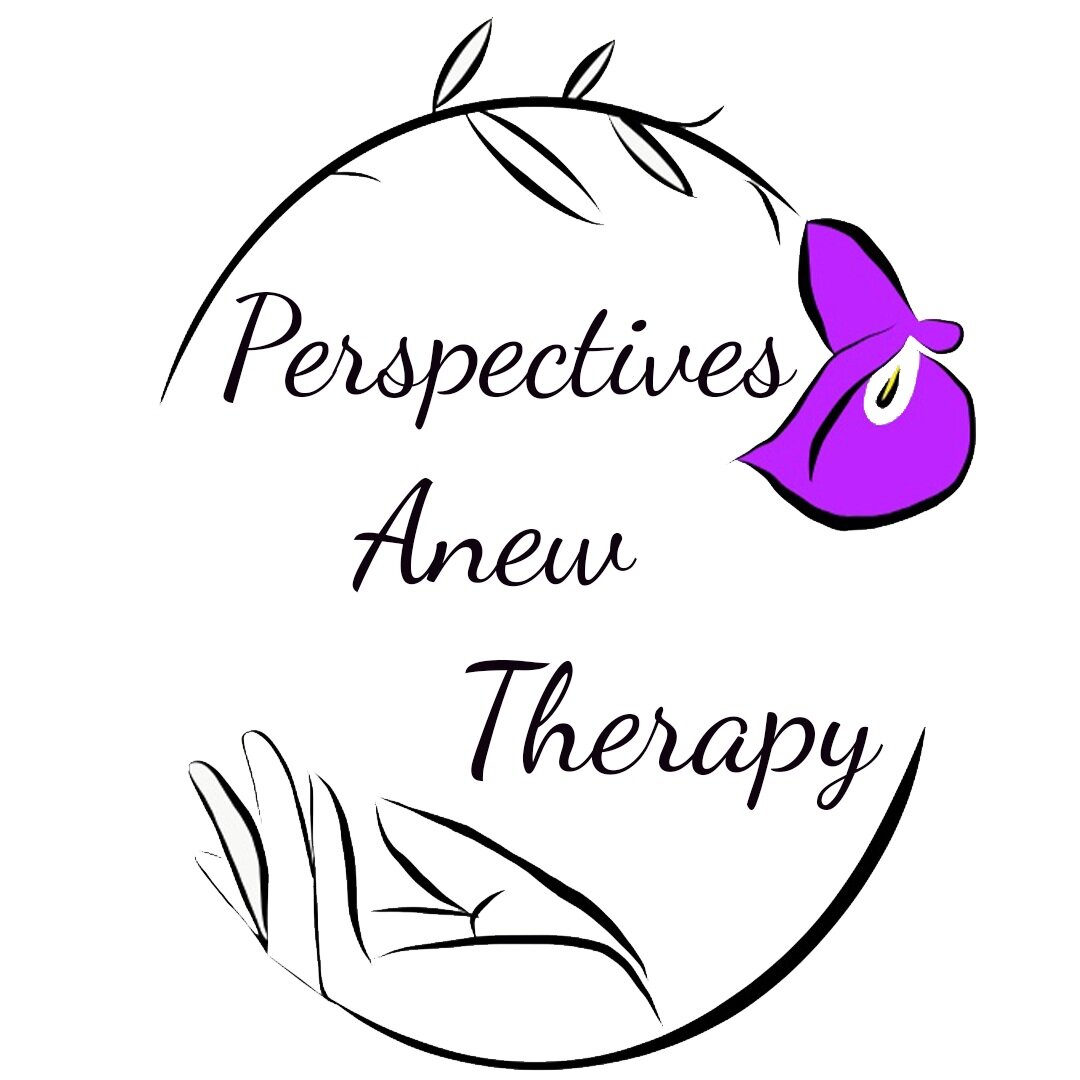Psychosis
Psychosis is defined as conditions that affect the mind with the individual having some loss of contact with reality. During this time, often referred to as a psychotic episode, the person’s thoughts and perceptions are disturbed and that person can have difficulty understanding what’s reality and what isn’t. Psychosis is a symptom of something greater, not its own disorder, and often begins when someone is in their late teens to mid-twenties.
Before psychosis fully develops, a person will show changes in their behavior that should be taken seriously. Warning signs include decline in grades or job performance, new difficulties with concentration and thinking clearly, and paranoid ideas about others. Additional warning signs include socially withdrawing and isolating, overly intense new ideas or no feelings at all, decline in self-care and hygiene, difficulty identifying reality, and confused speech.
Symptoms of psychosis include delusions, hallucinations, incoherent speech, depression, anxiety, sleeping problems, lack of motivation, and difficulty functioning. While psychosis can be a symptom of a mental illness such as schizophrenia or bipolar disorder, individuals do not have to receive a diagnosis of any kind. Other causes of psychosis include sleep deprivation, medical conditions, prescription medications, and the misuse of alcohol or other drugs.
When seeking treatment for psychosis, early treatment is critical because it results in a better recovery. Although people with psychosis symptoms can become threatening or violent, they are more likely to harm themselves than another individual. Coordinated specialty care has been shown to be the best intervention strategy for those living with psychosis. Care includes individual or group psychotherapy, family support and education, medication management, supported employment and education, and case management.
Source: National Institute of Mental Health
